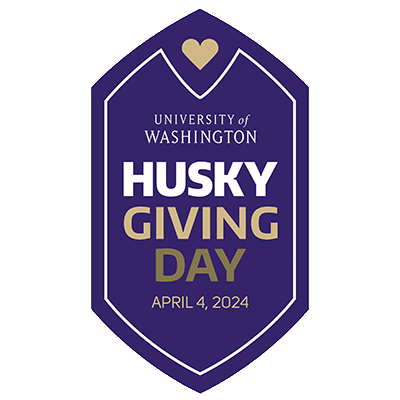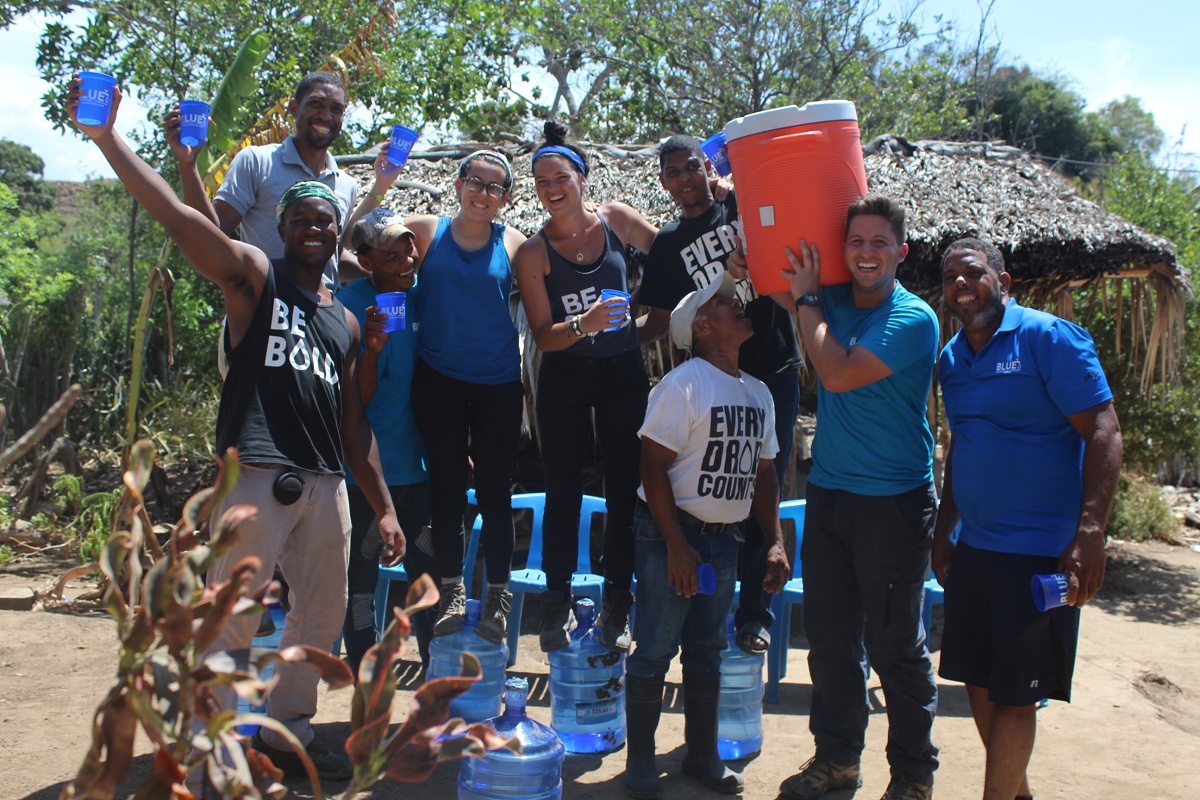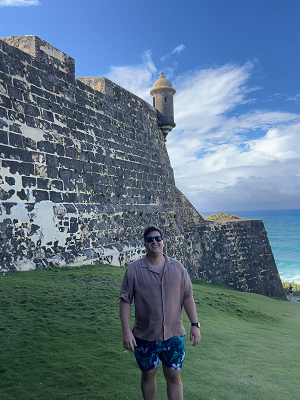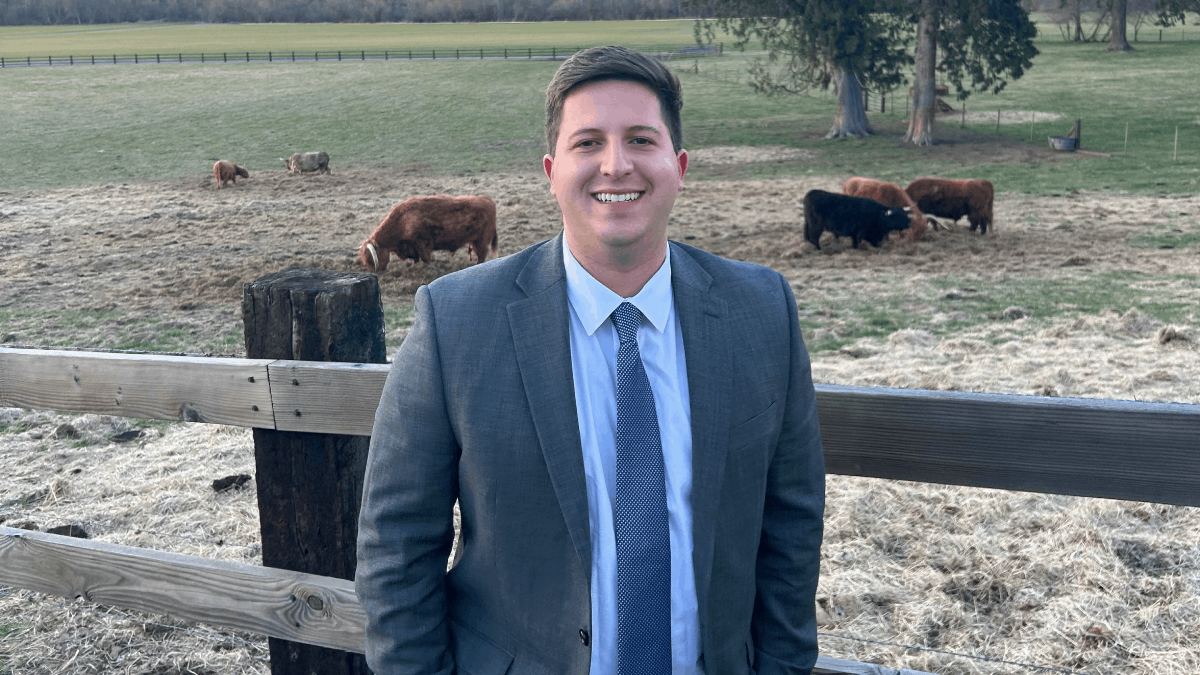
On April 4, 2024, join the UW community for Husky Giving Day to raise funds that support UW students and programs. Your donation supports students like Jorge through the DEOHS Environmental Health Student Support Fund, which helps graduate students pay for research-related expenses, including travel and conference presentations to share their research.
Thanks to funding from the Environmental Health Student Support Fund, Jorge Rivera-Gonzalez presented research at the Washington State One Health conference in Ellensburg last August with a poster entitled “Microbiome Comparison of Dairy Workers and Community Controls in Yakima Valley.”
“It was a fantastic opportunity to connect with those working in the One Health realm at different universities and government agencies within the state,” he said. We caught up with the PhD student recently to learn more about his research.
How did you first get interested in studying environmental health?
My interest in studying environmental health emerged during an Alternative Break trip during my first year of undergrad at Florida State University, working on a water, sanitation and hygiene (WASH) project in a rural community in the Dominican Republic. I knew I wanted to combine my interests in public health and biology serving others, and this trip and experience played a pivotal role in my studies.
How did you decide to pursue a PhD at UW DEOHS?
I wanted to explore new areas combining industrial hygiene but focused on the human-animal interface. The UW Department of Environmental & Occupational Health Sciences (DEOHS) presented a unique opportunity to work within the Center for One Health Research while continuing my studies.
My master’s at the Colorado School of Public Health allowed me to immerse myself in the Colorado beef and dairy industry. Through this work, I found my passion for working with underserved populations in the agricultural sector.
At UW DEOHS, I have worked on diverse projects with the Center for One Health Research, the Pacific Northwest Agricultural Safety and Health Center and the Northwest Center for Occupational Health and Safety.

What have you enjoyed most about being a student in the department?
I have enjoyed the academic and research freedom instilled across the department. I am further developing myself as an occupational health practitioner by expanding my epidemiological and biostatistical skills while learning the art and science encompassed within industrial hygiene.
Tell me about your research.
My current work is focused on assessing the gut and nasal microbial communities of the Healthy Dairy Worker cohort, composed of individuals in the Yakima Valley. Although the work is ongoing, I will soon explore occupational exposures within the dairy environment by comparing dairy workers to community members.

What inspires or excites you most about your research?
I am most inspired by the urgency of providing results to the community members who participated in the studies. The agricultural sector is often siloed, and the effects of the dairy farming industry have yet to be documented extensively.
What has it been like to work with your adviser?
Working under Dr. Peter Rabinowitz has been a fantastic learning experience. His expertise and guidance have helped me expand my knowledge and encouraged me to expand my skills as a One Health researcher.
What do you like to do in your free time?
I enjoy working out, swimming and cooking in my free time. Most of my free time is spent outdoors.
What would you like to do after graduation?
After graduation, I plan to pursue a career working in the government sector as an environmental health officer.




